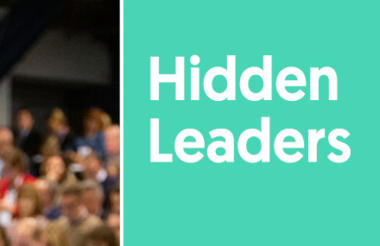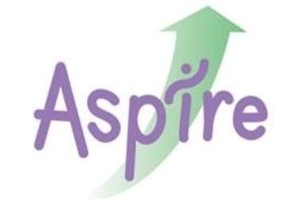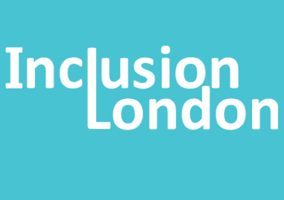Disabled leaders at charities are frustrated at being pigeonholed in disability-related roles and organisations, according to an ACEVO report.
The report suggests disabled leaders are concerned about not having the same career options within the sector if they report their disability, and therefore may remain “hidden”.
The report, Hidden Leaders: Disability leadership in civil society, explores how ACEVO and other senior leaders in the voluntary sector, can create a more disability-inclusive approach to leadership.
“Currently, the vast majority of ‘out’ disabled leaders in civil society are associated with disability-focused charities or disabled people’s organisations. As part of this research, we tried to identify disabled leaders in civil society who were not associated with disability work and we struggled,” the report states.
ACEVO’s says that “building back better” after Covid-19 should incorporate being disability-inclusive.
The report was commissioned by ACEVO to support its aim of creating a more disability-inclusive staff team, board and membership, and is co-authored by disability activist Zara Todd and third sector researcher Ellie Munro.
This research carried out 10 semi-structured interviews with staff and board members at ACEVO, and civil society leaders who identify as disabled.
“We hope that this report will be a catalyst to civil society becoming more inclusive and that the sector becomes a place where disabled leaders can thrive,” the report reads.
Lack of data on the disabled civil society workforce
ACEVO has found that “there is a basic lack of data” on the disabled civil society workforce, and that charities are losing out on disabled talent.
“This clear data gap makes it extremely hard to tell even the basic size of the disabled civil society workforce, let alone issues of retention, career progression and effective programmes for staff development,” the report states.
Disabled people make up 20% of the workforce, but are underrepresented in civil society.
ACEVO began collecting data around disability within its membership in 2018 through its membership application and renewal process.
As of March 2020, only 5.4% answered yes to the question ‘Are you a Disabled person?’ while 72% said they were not and 22.2% preferred not to say.
This is considerably less than the number that identified as having a disability in the latest Pay and Equalities Survey, which found 16% of respondents identified as having a disability or health condition.
The report finds that organisations should be encouraged to report on disability disclosure rates within their workforce, in the same way that they report on gender-based statistics, and many are beginning to report on proportions and experiences of staff from Black, Asian and other minoritised ethnic groups.
Moreover, ACEVO adds there is also a need for sector-wide data. For example, NCVO’s annual Civil Society Almanac reports on some protected characteristics of the sector’s workforce, but disability is not one of them.
Recommendations
The report includes sections on stigma and disclosure, the dynamics of disability in civil society, and learning from disabled leaders.
The recommendations in the report are built around seven key building blocks for disability inclusion. These are; knowledge and data, approach and ethos, access, policy and procedure, training, learning and development, representation, and working at the intersections.
There is also a specific set of recommendations for ACEVO to help it assess the accessibility and relevance of its offer to disabled leaders.
Vicky Browning, chief executive of ACEVO, said: “Hidden Leaders is an important piece of research that will help ACEVO better understand the action it can take to match its commitment to being a disability-inclusive organisation.
“Increasing representation and inclusion within civil society leadership has been a priority for ACEVO since 2018 and will continue to be in our upcoming strategy review. I am committed to working transparently so that our members can hold us accountable for the action we take, and in the hope that others in the voluntary sector can learn alongside us.
“All the recommendations in the report will now be reviewed by a working group comprised of members of our board and senior leadership team who will report regularly on progress.”
Zara Todd, co-author of Hidden Leaders said: “The voluntary sector has a long history with disability including many exceptional disabled leaders. However, our research showed that the sector has work to do to benefit from more disabled leaders’ expertise. We hope that the report and its recommendations will be a catalyst to support organisations in developing and celebrating disabled talent and our contribution to the sector.”
Related articles












